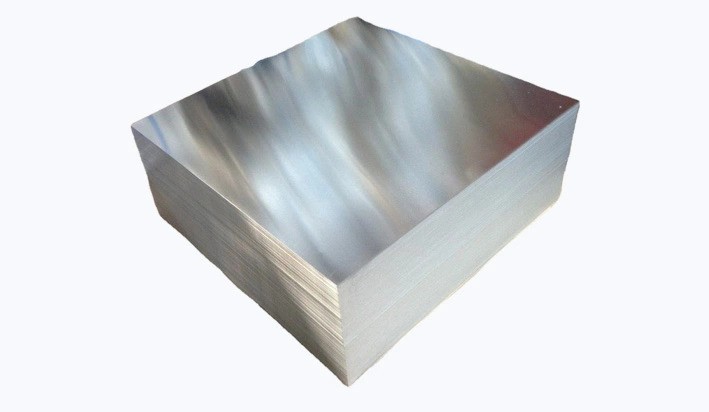Tel: 0129-4001010 Phone: +91 730 321 5033
Email: cs@absoluteveritas.com
BIS CERTIFICATION FOR COLD REDUCED ELECTROLYTIC CHROMIUM IS 12591:2018
In today's competitive landscape, maintaining market presence without a certified, high-quality product can be challenging. Obtaining a BIS license may also be essential for selling products in the Indian market. To achieve BIS certification and ensure product quality, manufacturers must adhere to the specified Indian standards.
Let's delve deeper into at 12591:2018 for cold reduced electrolytic chromium.
This Standard specifies the requirements for single and double cold-reduced electrolytic chromium/chromium oxide-coated steel (ECCS) sheets or coils, intended for further sheet cutting. Single-reduced ECCS is available in nominal thicknesses ranging from 0.17 mm to 0.49 mm, while double-reduced ECCS comes in nominal thicknesses ranging from 0.14 mm to 0.29 mm. This International Standard is applicable to coils and sheets cut from coils with minimum nominal widths of 500 mm.
Single reduced ECCS is categorized based on a temper classification determined by Rockwell HR30Tm hardness values specified in the standard. The characteristics specified in the standard are used to identify single-reduced material covered by this International Standard.
The mechanical properties of double-reduced ECCS, in accordance with this International Standard, are classified using a system based on the 0.2 Proof stress as specified in the standard. The characteristics specified in the standard are used to identify double-reduced material covered by this International Standard.
Manufacturing methods for ECCS are the responsibility of the manufacturer and are not specified in this International Standard. Any changes to the manufacturing method that affect ECCS properties will be notified to the purchaser.
Single cold-reduced ECCS can be supplied with a smooth, stone, or shot blast finish, to be specified at the time of ordering. Usually, double cold-reduced ECCS is provided with a stone surface finish.
ECCS of standard grade must meet the relevant standard requirements. Sample sheets are selected from consignments as per specified methods when conducting tests to verify compliance with the standard requirements.
MARKING
Marking must adhere to IS 12591:2018 standards, and optionally, the material can bear the Standard Mark (ISI Mark). To use the Standard Mark (ISI Mark), the Manufacturer must acquire a BIS license from the Bureau of Indian Standards. This license is granted following a thorough assessment of manufacturing infrastructure, production processes, and quality control and testing capabilities conducted during an on-site visit to the manufacturing premises.
PROCESS FOR BIS ISI MARK CERTIFICATION

BIS CERTIFICATION PROCESS
Acquiring a BIS license requires a comprehensive review of manufacturing infrastructure, quality control abilities, testing resources, and production procedures. This thorough assessment guarantees that products not only adhere to regulations but also prioritize consumer safety and reliability.
NOTE:
For comprehensive guidance on the BIS ISI Certification process, please explore:
WHY USE ABSOLUTE VERITAS?
Absolute Veritas is a prominent organisation from the private sector of India primarily dealing with the Inspection, Testing, Audits, Certification of products& consulting services to various industries in India and worldwide, ensuring compliance with regulatory standards and industry requirements. Offering a comprehensive range of services including product certification, testing, training, auditing, and compliance services, Absolute Veritas helps manufacturers and importers achieve higher production efficiency and quality standards.
Absolute Veritas (AV) will handle end to end pre-registration request, sample preparation, documentation, testing and application process for FMCS Certification
For any questions regarding the most recent update on FMCS registration licenses, please reach out to us via email at cs@absoluteveritas.com



